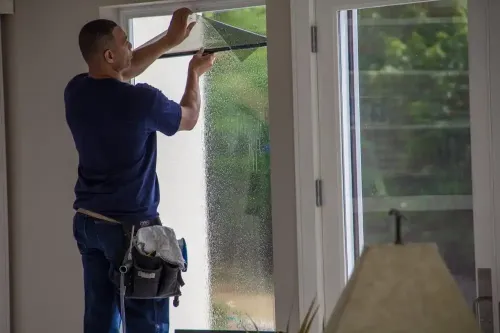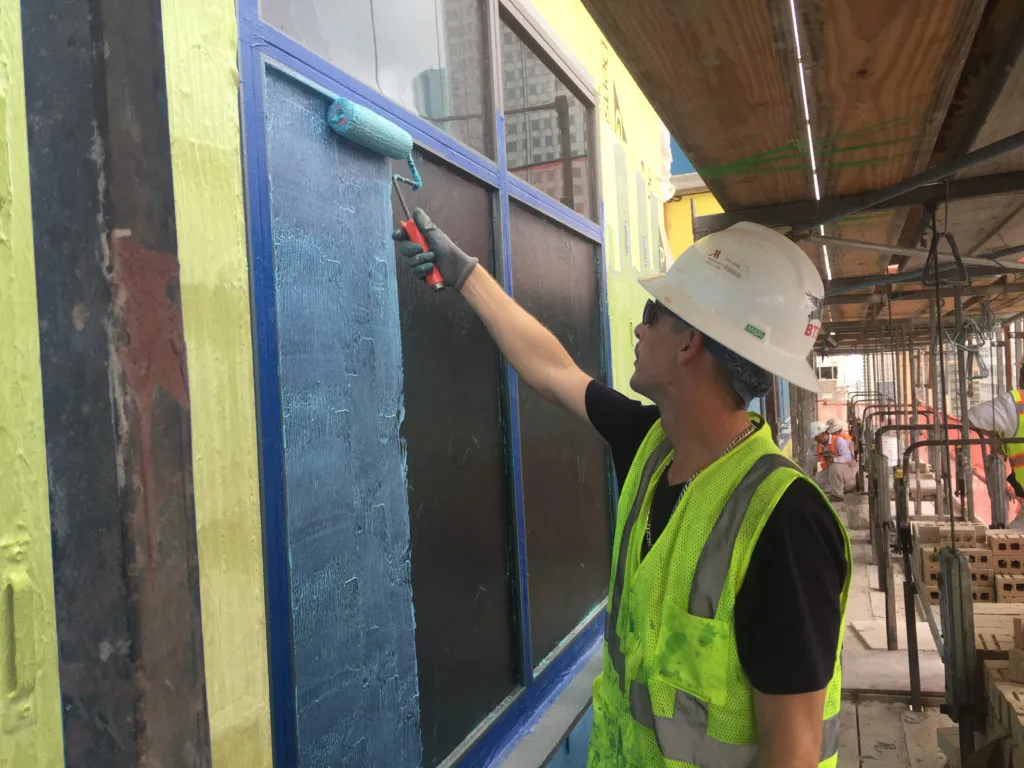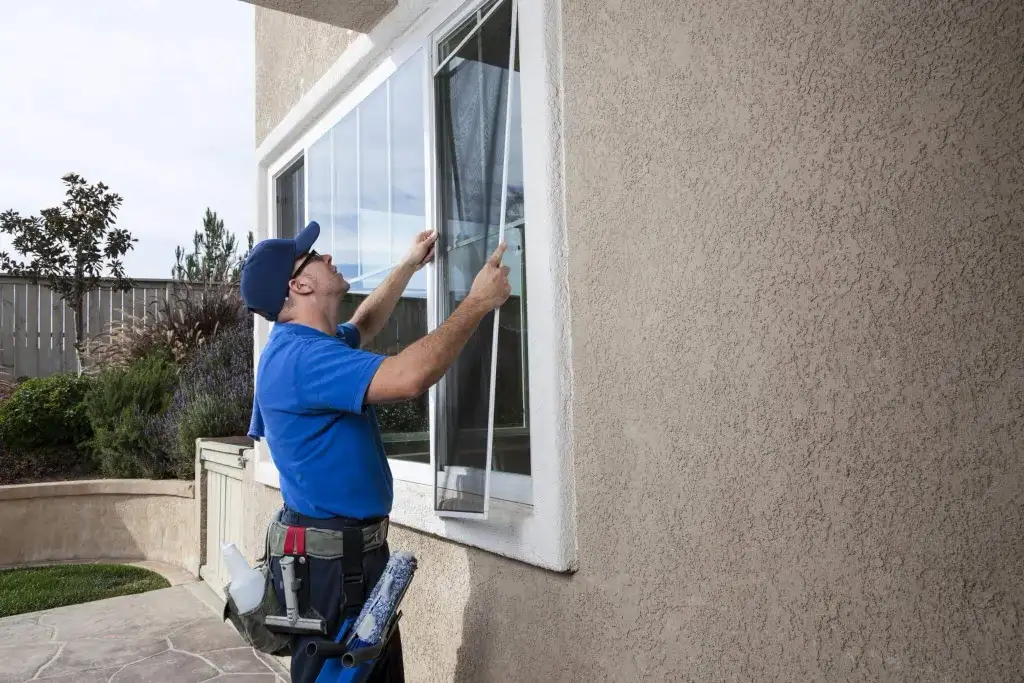Harnessing the Sun: Essential Tips for Cleaning Solar Panel
Are you looking for ways to take full advantage of solar energy? Do you want to make sure that your investment in solar panels is optimized in terms of depth and scope of the sun’s energy? Regular cleaning solar panel can help ensure that all that potential power is provided untainted. Today, we are going to provide essential insights into what it takes to clean a solar panel properly — keeping the photovoltaic cells working at their most efficient! Read on as we walk through the best practices for harnessing the sun’s unlimited bounty.
Why Regular Cleanings Are Necessary
Just as dust particles and debris can gradually accumulate on a window, obscuring the view and limiting the amount of natural light that enters a room, a similar phenomenon occurs with solar panels. Over time, tiny particles of dust, bird droppings, fallen leaves, and various forms of debris gradually build up on the surface of the solar panel, impeding the direct penetration of sunlight. This accumulation of debris acts as a barrier, reducing the amount of light that reaches the photovoltaic cells, consequently hampering the panel’s electricity production efficiency. Moreover, regions that experience heavy snowfall or have high levels of air pollution can exacerbate this issue, further diminishing the overall efficiency of solar panels. Therefore, it is not only necessary but also vital to regularly clean and maintain your solar panel system in order to ensure its optimal performance.
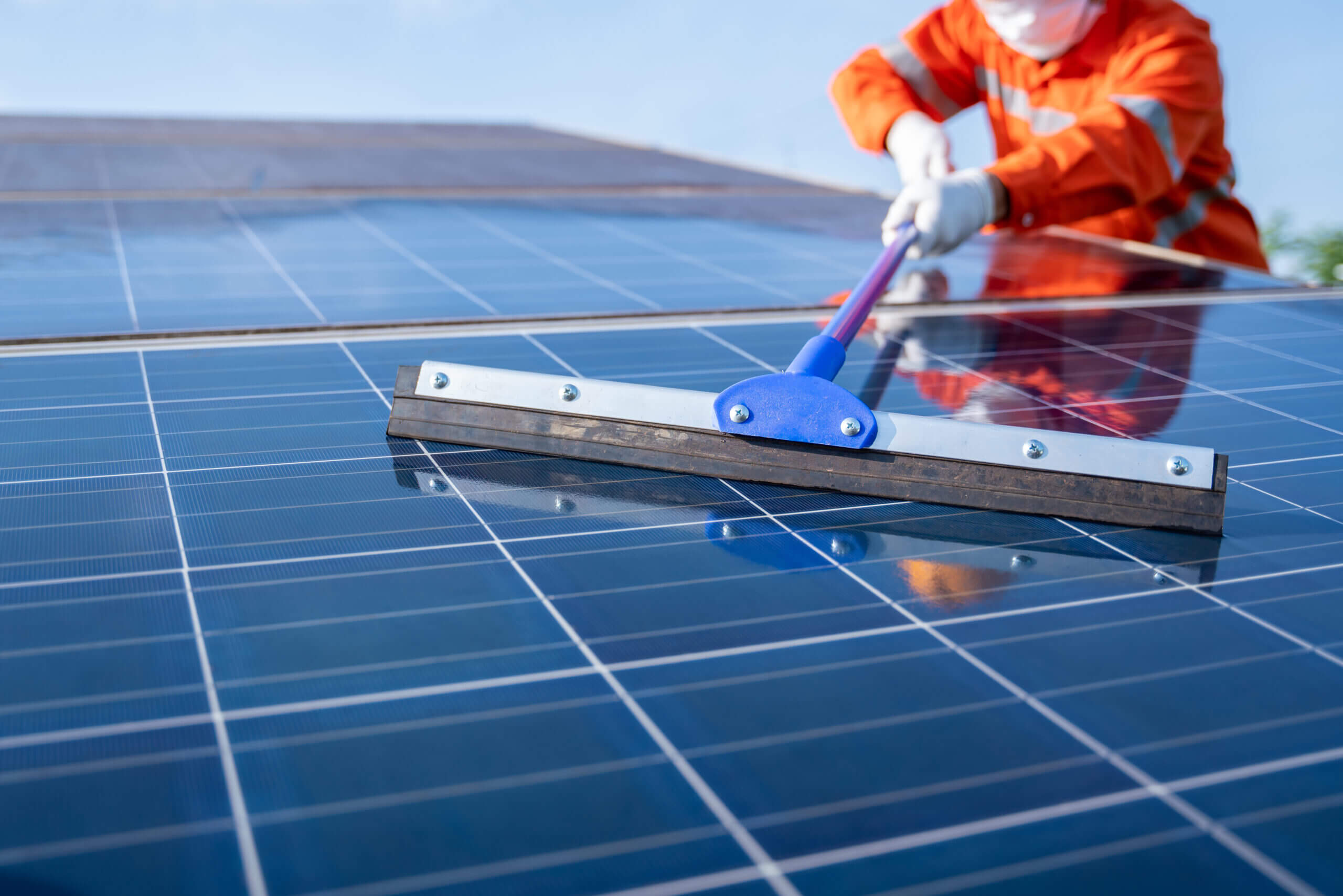
Preparing to Clean Your Solar Panels
Before you begin the process of cleaning your solar panels, there are a few preparations to ensure your safety and the integrity of your solar panel system. Firstly, review your manufacturer’s manual for specific cleaning guidelines, as some manufacturers may have specific cleaning instructions or precautions to be aware of.
Secondly, gather all necessary cleaning supplies. This usually includes a hose with a suitable nozzle for spraying water, a bucket, a soft brush, and mild soap or a cleaning solution specifically designed for solar panels.
Lastly, consider the timing of your cleaning. The best time to clean solar panels is either early in the morning or late in the evening when the sun is not at its peak, or on an overcast day. Cleaning in the middle of the day when the panels are hot can lead to rapid evaporation, which can cause water spots or even damage the panels.
Equipped with the right information and cleaning tools, you’re now ready to start cleaning your solar panels and restoring their optimal efficiency.
How to Clean Solar Panels Safely and Effectively
To clean your solar panels effectively, follow these steps:
- Turn Off the System: For safety reasons, it’s advisable to switch off your solar panel system before starting the cleaning process. This can typically be done through the inverter or a switch box.
- Rinse with Water: Use your hose to gently rinse the surface of the solar panels. This can remove loose dirt and debris. Remember not to use high-pressure water as it can cause damage to the panels.
- Apply Cleaning Solution: Fill your bucket with warm water and add a small amount of mild soap or solar panel cleaning solution, then stir until it’s well mixed. Dip your soft brush into the solution and gently scrub the surfaces of the panels. Be careful not to scrub too hard to avoid scratching the panels.
- Rinse and Dry: After scrubbing, rinse the panels with clean water to remove any soap residue. Use your squeegee to remove excess water and prevent water spots.
- Inspect the Panels: After cleaning, take a moment to inspect the panels for any potential damage such as cracks or chips.
- Turn the System Back On: Once you’ve finished cleaning and the panels are dry, you can turn your solar panel system back on.
Remember, safety first. If your panels are located on the roof, consider hiring a professional cleaner to avoid the risks associated with working at heights. Always follow the manufacturer’s cleaning instructions and avoid cleaning the panels during the hottest part of the day to prevent thermal shock.
Deciding When to Hire a Professional Cleaning Service
Choosing whether to take on solar panel cleaning yourself or to hire a professional service is a decision that should be based on several factors. First, consider the location and accessibility of your solar panels. If they are located high on a roof or in a hard to reach area, it may be safer and more efficient to hire a professional who is equipped to handle such situations. Additionally, any health or mobility issues you may have should also influence this decision.
Second, consider the environment and weather conditions in your area. If you live in a region with heavy snowfall or frequent dust storms, your solar panels may need more frequent, specialized cleaning. In such cases, a professional cleaning service that has experience with these conditions can ensure that your panels are cleaned effectively without causing damage.
Lastly, think about the size of your solar panel system. If you have a large system, cleaning all the panels could be a significant undertaking. A professional solar panel cleaning service has the tools and manpower to clean large systems quickly and efficiently
In conclusion, while many homeowners can clean their solar panels themselves, there are situations where hiring a professional cleaning service is the safer and more efficient choice. Always put your safety first and consider the specific conditions and needs of your solar panel system.
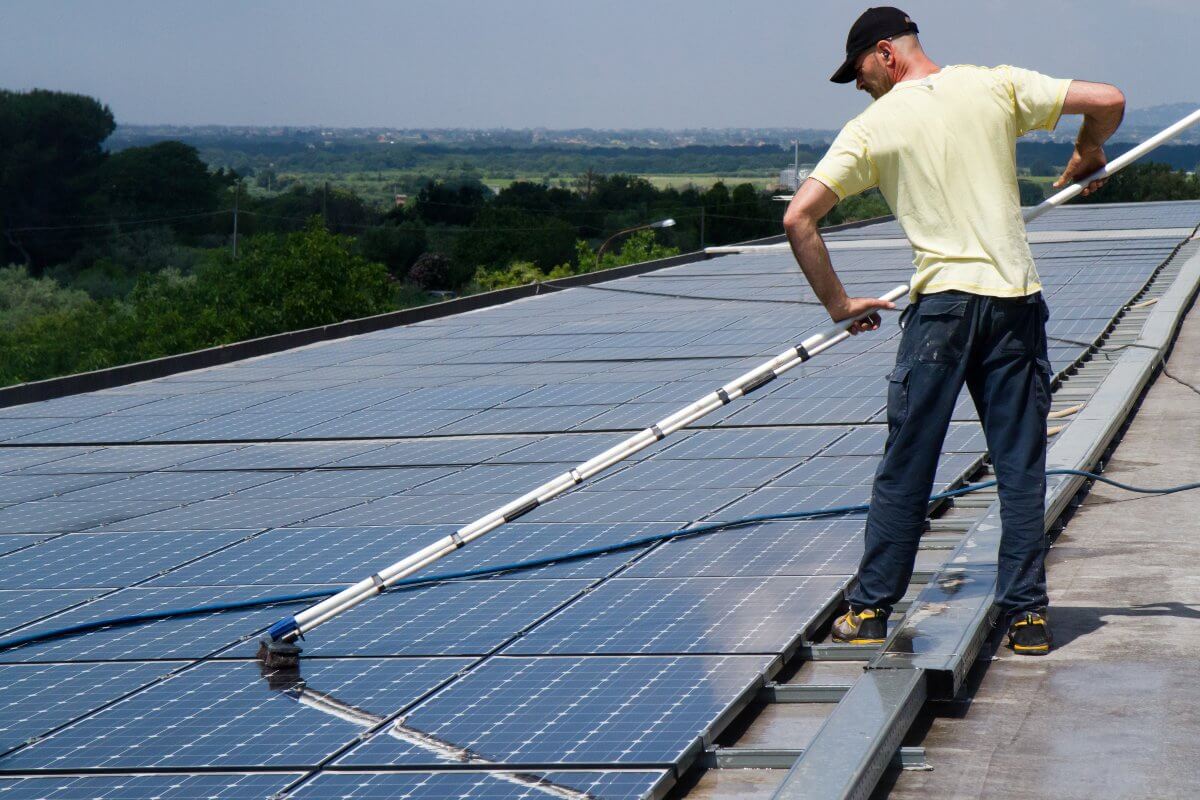
Maintaining Your Solar Panels Post-Cleaning
After the cleaning process, it’s crucial to maintain your solar panels to ensure they continue to function at peak efficiency. Here are a few tips to keep your solar panels in good shape:
- Regular Inspection: Carry out frequent visual inspections to check for dirt accumulation, shading, or physical damage. Regular inspections can help identify any potential issues early on.
- Monitor Performance: Keep an eye on your system’s output. A sudden drop in energy production could indicate a problem that needs addressing, such as dirt accumulation or degradation of the panels
- Schedule Periodic Cleanings: Depending on the climate and environment of your area, establish a routine cleaning schedule. This can help prevent the buildup of dirt and debris.
- Professional Maintenance Checks: Consider scheduling professional maintenance checks annually. Professionals can conduct a thorough inspection and identify any potential issues you might miss.
- Avoid Physical Damage: Be mindful of activities that can cause physical damage to the panels, such as tree branches hitting the panels. Trim any overhanging branches and remove any objects that could potentially fall on the panels.
Remember, the key to efficient solar energy production is maintaining the cleanliness and integrity of your solar panels.
In conclusion, cleaning and maintaining your solar panels is an important aspect of owning a solar panel system. With the right tools and techniques, you can effectively clean your panels yourself or hire a professional service as needed. Regular maintenance checks and inspections are essential to ensure your panels are functioning optimally. By taking care of your solar panels, you can enjoy the benefits of clean energy for years to come. So keep them clean and well-maintained, and they will continue to power your home efficiently. Remember, a little effort goes a long way in keeping your solar panels working at their best!
https://www.google.com/maps?cid=10335614197454343728

